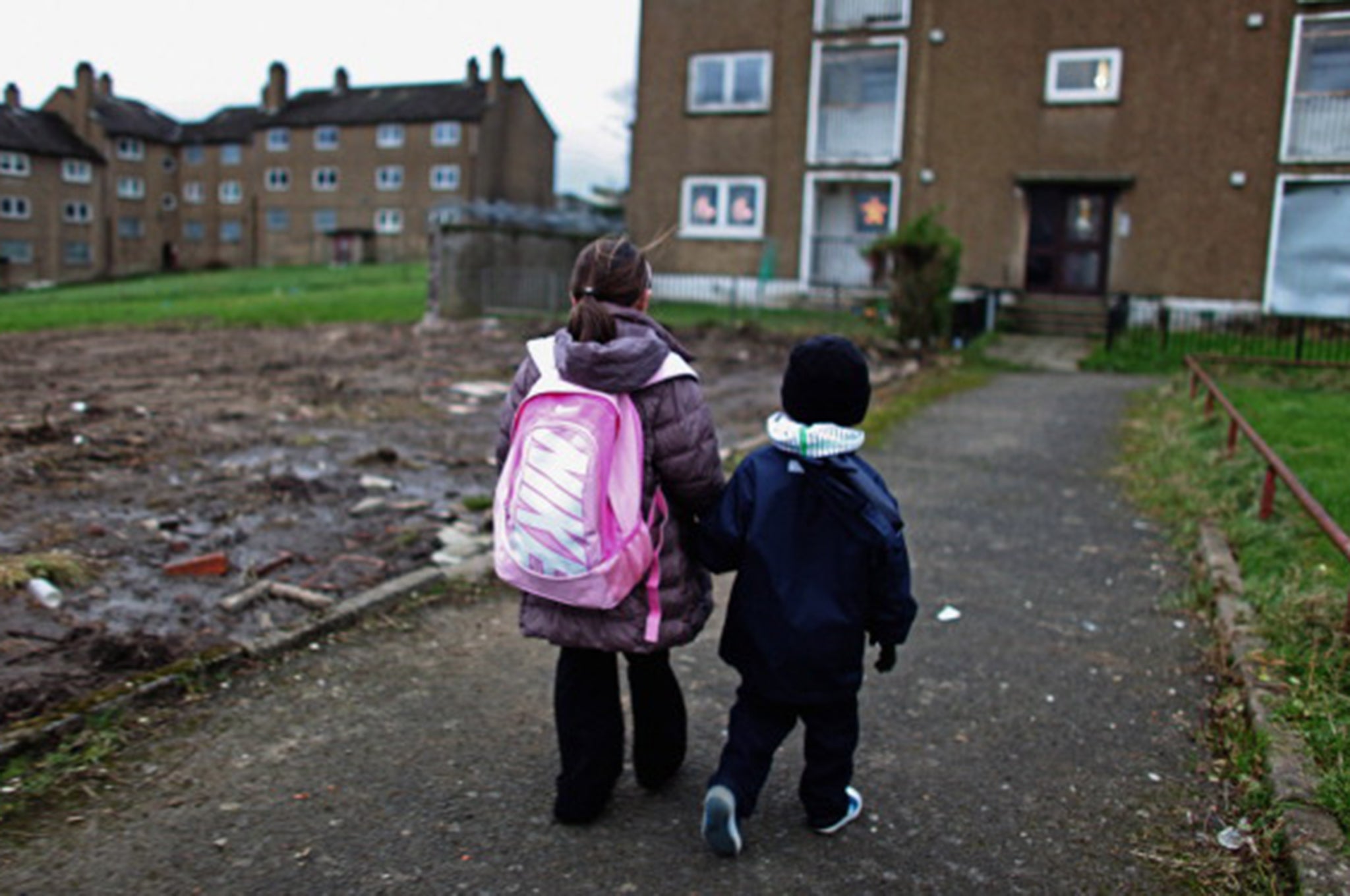More than 50 pupils are being suspended from schools across England each day, new Department for Education figures show
'Verbal and racial abuse, sexual misconduct, and persistent disruptive behaviour' are cited among reasons for expulsion

Your support helps us to tell the story
From reproductive rights to climate change to Big Tech, The Independent is on the ground when the story is developing. Whether it's investigating the financials of Elon Musk's pro-Trump PAC or producing our latest documentary, 'The A Word', which shines a light on the American women fighting for reproductive rights, we know how important it is to parse out the facts from the messaging.
At such a critical moment in US history, we need reporters on the ground. Your donation allows us to keep sending journalists to speak to both sides of the story.
The Independent is trusted by Americans across the entire political spectrum. And unlike many other quality news outlets, we choose not to lock Americans out of our reporting and analysis with paywalls. We believe quality journalism should be available to everyone, paid for by those who can afford it.
Your support makes all the difference.More than fifty pupils are being suspended each day from schools across England for assaulting their teachers, a new government report reveals.
The figures show pupils aged between five and 11-years-old were suspended 11,420 times for physical assault against an adult in state-funded primary schools in England in 2013-14 – up by 25 per cent on the previous year.
Another 7,550 pupils from secondary and special schools were suspended for the same reason, while 51,240 pupils aged five to 16 were suspended for assault against a fellow pupil.
The figures, which were released by the Department for Education, also highlight how permanent exclusions across primary, secondary, and special schools increased slightly compared with 2012-13 – despite a general decline since 2004-05.
Thousands of other pupils are being sent home from school for verbal and racial abuse, sexual misconduct, and persistent disruptive behaviour.
Schools Minister Nick Gibb described how the figures reflected new powers for teachers that give them the “confidence” to exclude pupils.
He added: “The figures show a slight increase in the number of fixed-period and permanent exclusions, although overall they are lower than in 2010.
“The new freedoms and greater clarity over exclusions given to head teachers is having a positive impact on behaviour.”
The report also took time to look at how exclusions vary according to ethnicity.
Pupils of Asian and Chinese ethnic groups have the lowest rates of exclusion, whereas, the report states those students who come from a Gypsy-Roma or Irish Traveller background have the highest rates of exclusions – but warned that, as the population is relatively small, these figures should be “treated with some caution.”
Other key findings show boys are over three times more likely to be excluded than girls and special educational needs pupils account for 70 per cent of permanent exclusions – the highest number in any group.
Those claiming free school meals are four times more likely to receive exclusion and almost a quarter of all permanent exclusions are given to pupils aged 14.
The general secretary of school leaders’ union NAHT, Russell Hobby, said pupils’ poor behaviour, which results in expulsion, could be a result of government cuts to public services.
“This sometimes manifests as behaviour problems at younger ages than we might expect,” he said.
Mr Hobby also acknowledged how school heads have a duty to protect the education of all children in their school and exclusions are a necessary tool in that duty.
Tameside in Greater Manchester and Dudley in the West Midlands had the highest rates of exclusion at 0.18 per cent each.
Join our commenting forum
Join thought-provoking conversations, follow other Independent readers and see their replies
Comments